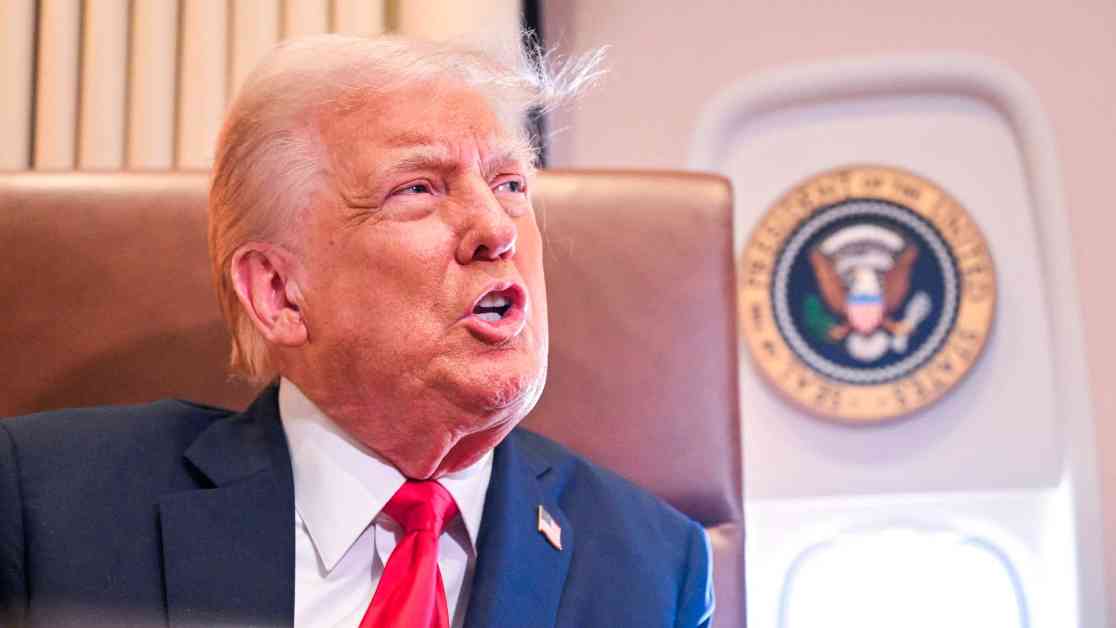The Trump Administration has recently announced a significant policy shift by imposing 25% tariffs on steel and aluminum imports. This move has sparked widespread debate and concern within the political and economic spheres.
Expert Analysis: Impact on Global Trade
This decision has far-reaching implications for global trade, as the tariffs are expected to disrupt established supply chains and trigger retaliatory measures from affected countries. Experts warn that such protectionist policies could lead to a trade war, ultimately harming both domestic industries and international relations. The uncertainty surrounding these tariffs has already caused fluctuations in the stock market and raised concerns among investors.
In response to these tariffs, many countries have expressed their displeasure and threatened to impose countermeasures on American goods. This escalation of trade tensions could have dire consequences for the global economy, with some analysts predicting a slowdown in economic growth and increased market volatility. The interconnected nature of the modern economy means that no country can remain unaffected by such actions, highlighting the importance of diplomacy and cooperation in international trade relations.
Industry Impact: Challenges for Domestic Manufacturers
Domestic manufacturers in the steel and aluminum industries are grappling with the implications of these tariffs. While some companies may benefit from the protectionist measures, others are concerned about rising production costs and reduced competitiveness in the global market. Small businesses, in particular, are vulnerable to the impacts of these tariffs, as they may struggle to absorb the higher costs or find alternative sources for essential materials.
The tariffs have also reignited debates about the broader impact of protectionism on the economy. Critics argue that such policies can distort market dynamics, hinder innovation, and ultimately harm consumers through higher prices and reduced product choices. Proponents, on the other hand, see tariffs as a necessary step to protect domestic industries and ensure national security.
In conclusion, the imposition of 25% tariffs on steel and aluminum imports by the Trump Administration has sparked a heated discussion on the future of global trade and economic stability. The repercussions of these measures are likely to be felt across industries and borders, underscoring the interconnected nature of the modern economy. As policymakers, businesses, and consumers grapple with the implications of these tariffs, it remains to be seen how these actions will shape the future of international trade relations.






















